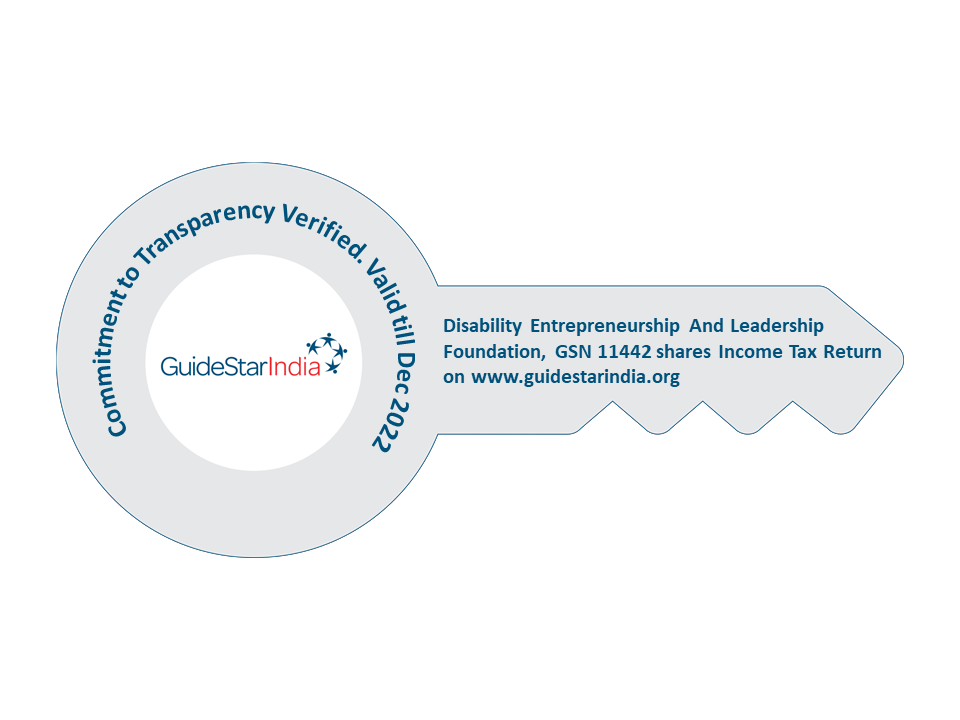Our bones support us and allow us to move. They protect our brain, heart and other organs from injury. Our bones also store minerals such as calcium and phosphorous, which help keep our bones strong and release them into the body when we need them for other uses.
The aging bone – Bones undergo a lifelong process of remodeling – mature bone tissue is removed and new tissue is formed. Bone remodeling is a highly regulated process that maintains a balance between bone resorption and formation, thus maintaining skeletal integrity.
This balance changes with increasing age, resulting in loss of bone tissue. The aging bone has reduced mineral content and is prone to osteoporosis – a condition in which bones are less dense, more fragile and prone to fractures. As people age, the rate of bone resorption by osteoclast cells exceeds the rate of bone formation, so bone weaken. This happens due to inactive lifestyle, hormonal changes and loss of calcium and other minerals in bone.
Building healthy bones is extremely important. Minerals are incorporated into our bones during childhood, adolescence and early adulthood. Once we reach 30 years of age, we have achieved peak bone mass. If not enough mass is created during this time or bone loss occurs later in life, we have an increased risk of developing fragile bones that break easily. Fortunately, many nutrition and lifestyle habits can help us build strong bones and maintain them as we age.
Here are a few natural ways to build healthy bones:
- Include plenty of calcium in diet:
Good sources of calcium include dairy products, almonds, broccoli, kale, salmon with bones, sardines and soy products.
- Eat lots of vegetables:
Vegetables are great for our bones. They are one of the best sources of vitamin C which stimulates the production of bone forming cells. Some studies suggest that vitamin C’s antioxidant effects may protect bone cells from damage.
- Exercise regularly:
Engaging in specific types of exercises like strength training and weight-bearing exercises can help build and maintain strong bones.
- Consume enough protein:
Researchers have reported that low protein intake decreases calcium absorption and may also affect rates of bone formation and breakdown.
- Get plenty of vitamin D and K:
Vitamin D plays several roles in bone health, including helping our body absorb calcium. We can get vitamin D through exposure to sun and food sources such as fatty fish, liver and cheese. Vitamin K2 supports bone health by modifying osteocalcin, a protein involved in bone formation. Vitamin K2 can be found in dairy, fermented foods and animal products.
- Avoid very low calorie diets:
To build and maintain strong bones, it is better to follow a well-balanced diet that provides at least 1200 calories a day. It should include plenty of protein and foods rich in vitamins and minerals that support bone health.
- Consider a collagen supplement:
Collagen is the main protein found in bones. It contains the amino acids glycine, proline and lysine which help build bone, muscle, ligaments and other tissues.
- Maintain a stable and healthy weight:
Maintaining a healthy weight supports bone health. Being underweight increases the risk of osteopenia and osteoporosis. Maintaining a stable normal or slightly higher than normal weight is our best bet when it comes to protecting our bone health.
- Include foods high in magnesium and zinc:
Magnesium plays a key role in converting vitamin D into the active form that promotes calcium absorption. Sources of magnesium are dark chocolate, avocados, almonds, cashews, legumes, whole grains etc. Zinc is a trace mineral needed in very small amounts. It helps make up the mineral portion of our bones. Foods rich in zinc are meat, shellfish, legumes, seeds, nuts, dairy, eggs, whole grains, some vegetables and dark chocolate.
- Consume foods rich in omega-3 fats:
Omega-3 has been known to help protect bone loss during the aging process. Plant sources of omega-3 fats include chia seeds, flaxseeds and walnuts.
Bone health is important at all stages of life. This is something people take for granted as symptoms often don’t appear until bone loss is advanced. Fortunately there are many nutrition and lifestyle habits that can help build and maintain strong bones.
(Sources: physio-pedia.com, bones.nih.gov, healthline.com, webmd.com)
As part of our work on livelihoods, health and wellbeing, we have been working with persons with disabilities to adopt organic horticulture practices. We are working with Dr. Bharati Chimmad from University of Agricultural Sciences Dharwad (UASD) who has produced a nutrition card game. The pack has 73 health and nutrition cards. Each card contains a food produce and its nutritional value. This card game not only is a fun game for kids and adults alike, but also helps in understanding the nutritional value of the food we consume on a daily basis.
For any specific questions regarding the blog, please write to us at info@deal-foundation.com
And to know more about the work we do, log on to www.deal-foundation.com


 Awarded by Guidestar India
Awarded by Guidestar India